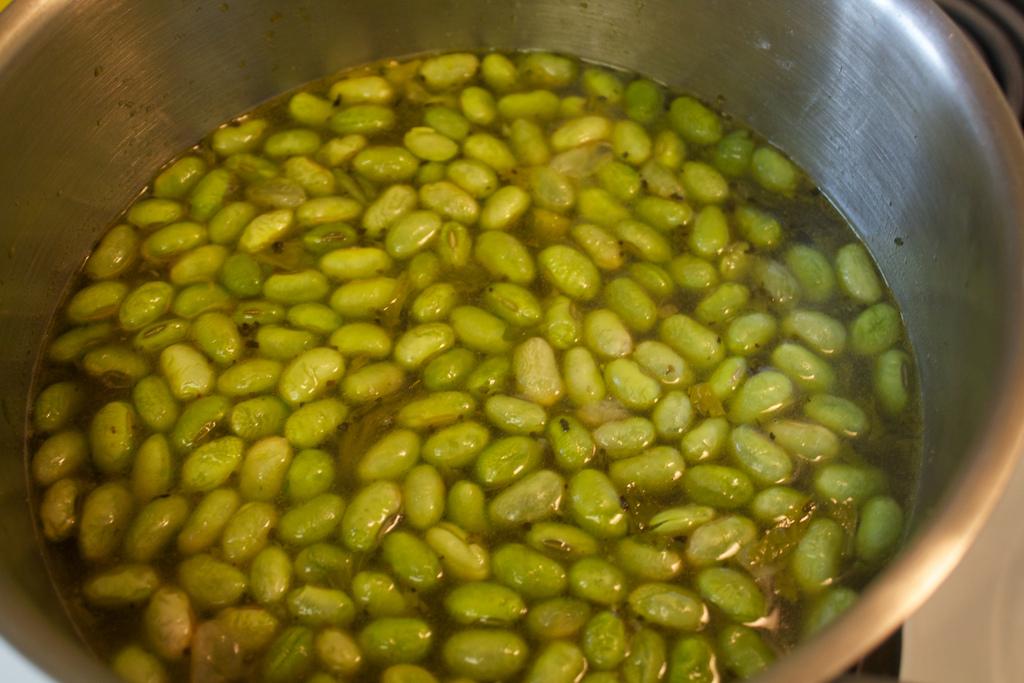3 Mins Read
The Great Debate
First came the war on dairy. Then came the universal acceptance as soya milk as the smart dairy alternative. Everyone hailed the Asian pod as a wonder bean, full of amazing health benefits. How could Western consumers assimilate soya in their daily lives? From soya sauce to edamame (young green soya beans that are lightly steamed) to soya milk: it was everywhere. Now consumers are faced with confusion again as the soya bean makes headline after headline but this time in the wrong light. Soya is now linked to cancer, hormone problems, sexual dysfunction—what should you believe? Should you remove soya from your diet altogether? Read on to get the great soya controversy’s facts.
If you remember nothing else about this post, the number one thing to keep in mind is that it really depends what form of soya you are consuming and where it’s from.
The Big Soya Industry
The big soya problem is that in the West (mostly in the United States), the soya bean has followed the same path as the corn kernel. Subsidies and GMO seeds meant American farmers were producing huge amounts of soya; all this excess soya needed to be soya began to be used in anything and everything. The soya bean was deconstructed and remade into dozens of additives and thickeners and preservatives, to the point where a majority of processed foods now contains GMO soya. As with most issues concerning Big Food and Big Ag(riculture), the natural version of something is fine but when industrial production gets involved, the end byproduct is unrecognizable. Not to mention the amount of toxins involved in soya farming – it is possibly the dirtiest food crop in the world in terms of the amount of pesticides and other –cides that are used when farming it.
Traditional Soya Consumption
Asian cultures have traditionally consumed large amounts of soya products as part of their daily diet: the Japanese have their soya sauce and miso paste, the Chinese their tofu (also known as bean curd), the Indonesian their tempeh…some of these such as soya sauce and tempeh are fermented (whilst some tofu can be fermented, most is not. Fermented soya, much like other fermented foods, has proven health benefits and including them in your diet is a good plan.
Most whole food soya products (like tofu) and edamame are also fine as long as you don’t eat them every single day- but here is where the soya source matters. As always, organic is best. Until the GMO debate is done and dusted – and we have reliable multi-year studies showing the effects of including GMO soya in our diets- it is best to avoid GMO soya. This is especially true for women, as they are more prone to hormonal issues and children, who have weaker immune systems. It is not an easy task- something like 99% of the world’s soya is GMO. You can learn more about GMOs by reading our post here.
In Part 2 next week, we will continue the great soya discussion and will go into more detail about the health effects of ‘dirty’ soya.
Note: soya and soy can be used interchangeably.
Photo credit: Earthworm via photopin cc.





